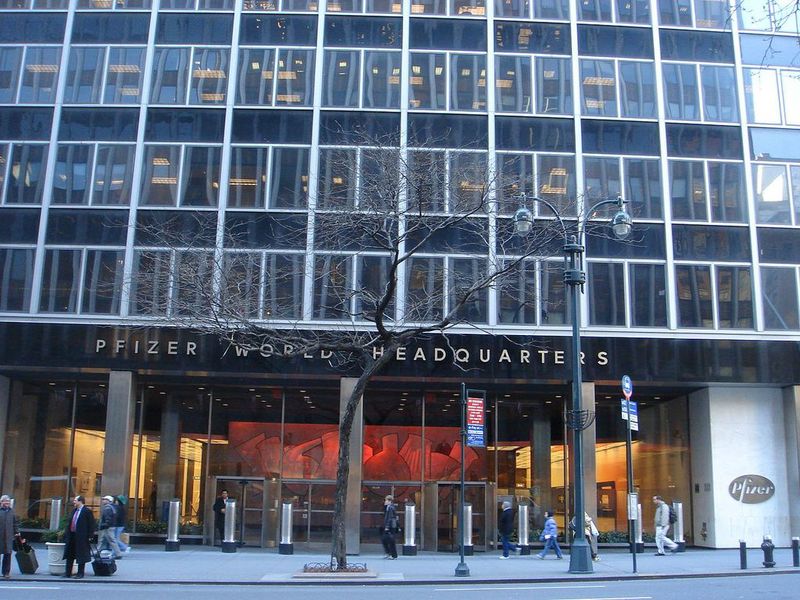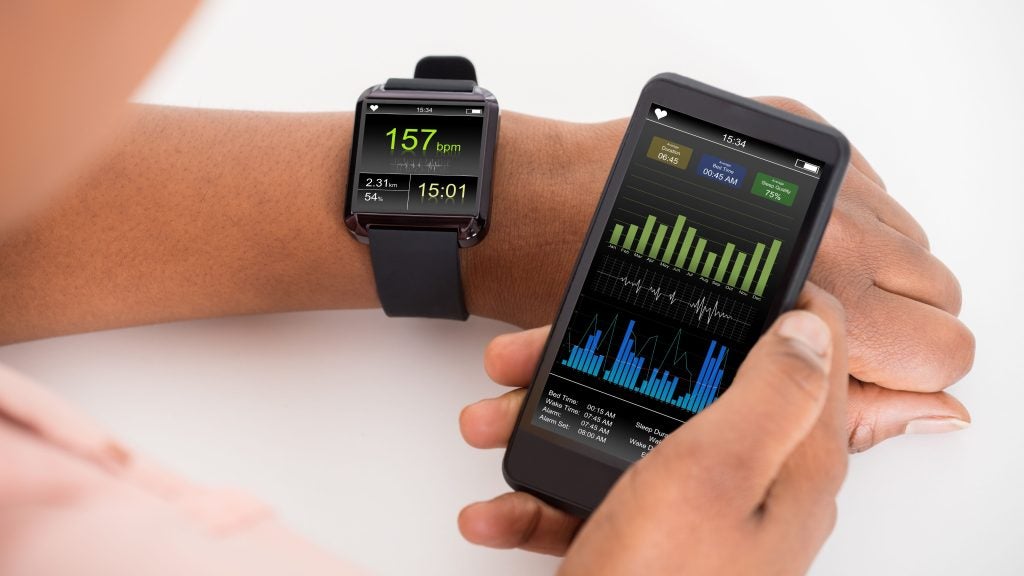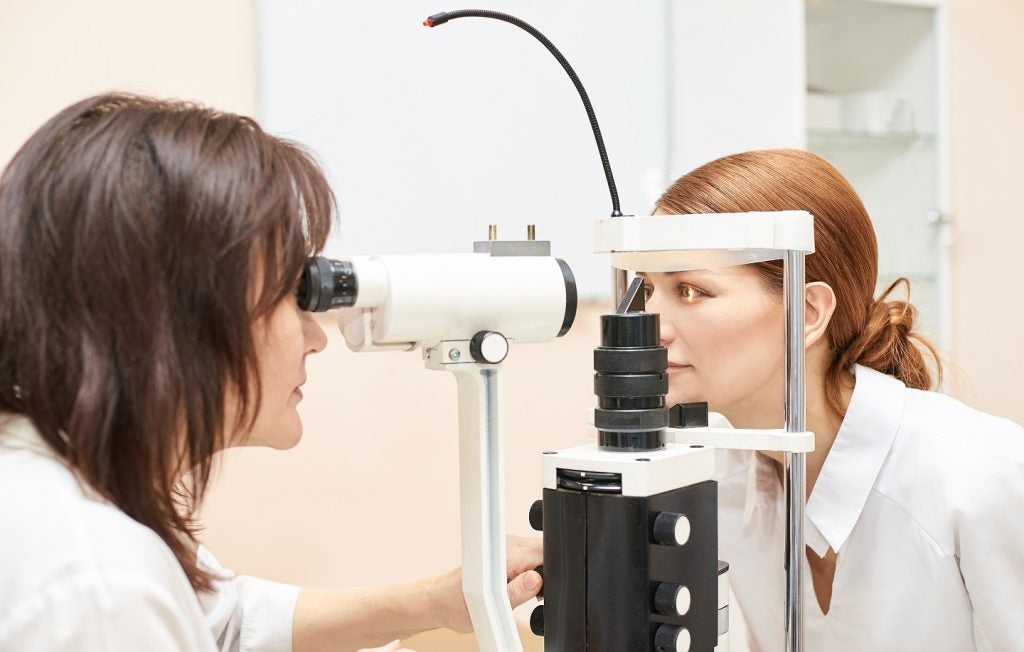
Pfizer has reported top-line data from a Phase III clinical trial of Lyrica (pregabalin) as an adjunctive therapy in epilepsy patients suffering from primary generalised tonic-clonic (PGTC) seizures.
The study failed to meet its primary endpoint, demonstrating no statistically significant decrease in seizure frequency when compared to placebo.
Conducted at 70 sites in 21 countries, the randomised, double-blind, placebo-controlled, multi-centre trial assessed the efficacy of two Lyrica doses in a total of 219 patients aged five to 65 years.
During the trial, Lyrica’s safety profile was found to be comparable to that observed in previous epilepsy studies in paediatric and adult patients.
The most common adverse effects related to the drug were dizziness, headache and drowsiness.
Pfizer noted that the Phase III trial was a post-marketing commitment to the US Food and Drug Administration (FDA), and the drug is not indicated to treat any population with PGTC seizures.
How well do you really know your competitors?
Access the most comprehensive Company Profiles on the market, powered by GlobalData. Save hours of research. Gain competitive edge.

Thank you!
Your download email will arrive shortly
Not ready to buy yet? Download a free sample
We are confident about the unique quality of our Company Profiles. However, we want you to make the most beneficial decision for your business, so we offer a free sample that you can download by submitting the below form
By GlobalDataPfizer division Upjohn R&D and Medical global chief medical officer Juan Ovalle said: “Pfizer is committed to the study of patient populations with unmet treatment needs, including paediatric and adult patients experiencing generalised tonic-clonic seizures.
“These data contribute to our growing understanding of paediatric epilepsy and reflect our responsibility to advance scientific knowledge through post-marketing research.”
The company’s LYRICA Pediatric Epilepsy Program, which is designed to study the drug as an adjunctive therapy in epilepsy, comprises six studies and five have been completed.
In May last year, Pfizer announced top-line results from a separate Phase III trial, where adjunctive treatment with a daily dose of 14mg/kg Lyrica led to a statistically significant reduction in seizure frequency versus placebo.
This trial enrolled 175 paediatric patients aged one month to less than four years with partial onset seizures not adequately controlled with one to three concomitant antiepileptic drugs.







